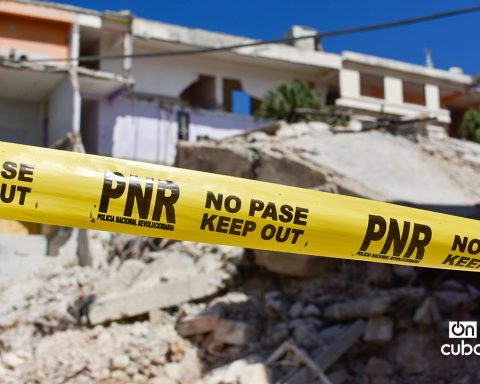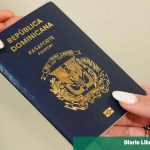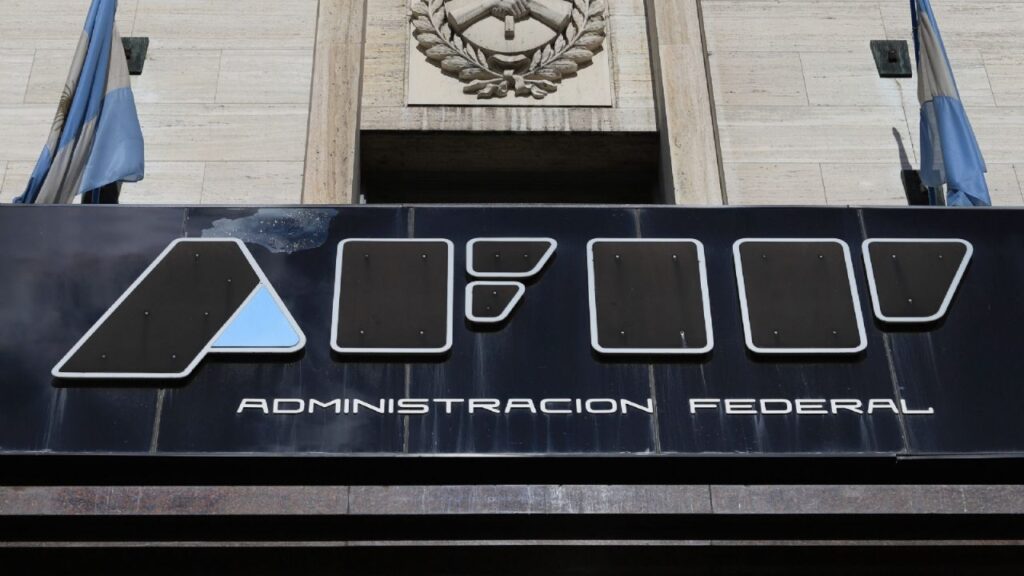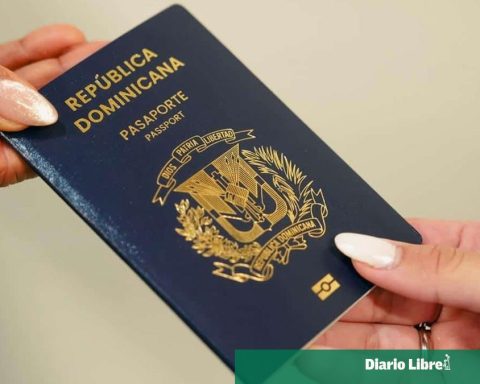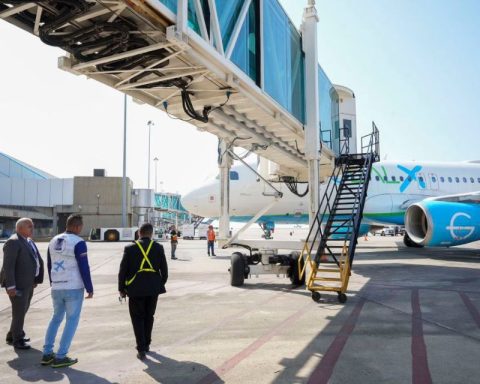This Wednesday, the US ambassador to Russia, John Sullivan, delivered to the Russian Foreign Ministry the written responses to the proposals for security guarantees formulated in mid-December by Moscow. Shortly thereafter, the West’s position on the matter was summarized by US Secretary of State Antony Blinken and NATO Secretary General Jens Stoltenberg.
Blinken indicated that:
US President Joe Biden participated in the drafting of the document
The delivered document, which Washington does not plan to release, “includes the concerns of the United States and our allies and partners about Russian actions that undermine security, an initial and pragmatic assessment of the concerns that Russia has raised, and our own proposals for areas where we may be able to find common ground”
The US response “was fully coordinated with Ukraine and our European allies and partners.”
The US is committed to defending “the sovereignty and territorial integrity of Ukraine and the right of states to choose their own security measures and alliances.” Washington acts “in parallel to strengthen Ukraine in the face of Russian aggression” and will send assistants and supply weapons to Kiev
The US will defend NATO’s “open door principle”
The US understands that Russia “has its security concerns” as well as Washington, and both sides can “effectively negotiate steps to improve security.”
For his part, Stoltenberg emphasized the following:
NATO wants to restore dialogue with Russia, reopening its respective offices in Moscow and Brussels and reactivating existing military communication channels
The bloc’s members are “prepared to listen to Russia’s concerns” about the situation in Ukraine to “engage in a real conversation”
NATO proposes to engage in “serious talks on arms control, including nuclear weapons, short-range and intermediate land-based missiles”
The alliance will continue to coordinate “closely with Ukraine, as well as with all NATO partners, including Finland, Sweden, Georgia and, of course, the European Union.” Referring to the “right of each nation to choose its own security arrangements”, Stoltenberg stated that Russia “must withdraw its forces from Ukraine, Georgia and Moldova”.
In this way, both officials agreed that the transatlantic bloc hopes to maintain a dialogue with Moscow, but rejects its demands to end the ‘open door’ policy, even with regard to Russia’s neighboring countries.
And now that?
The Russian Foreign Ministry has not yet commented on the US response.
However, this Wednesday, before receiving the document, Foreign Minister Sergey Lavrov indicated in the Russian Parliament that the Foreign Ministry and other Russian state agencies will respond to the message based on its content. He also pointed out that they will prepare proposals for corresponding measures for President Vladimir Putin.
For his part, Blinken expressed the hope of discussing the US response with Lavrov “in the coming days.”
What does Russia propose?
In December, Russia published the drafts of two agreements it intends to reach with the US and NATO on security guarantees in Europe. The initiative came amid an escalation of tensions around Ukraine: the West accuses Moscow of preparing an intervention in the neighboring country, while Russia denounces the militarization of Ukraine by the North Atlantic Treaty Organization and the reinforcement of Alliance military presence in Eastern Europe.
The pact proposed by Moscow to Washington consists of eight articles. The first of them stipulates that both parties must act based on the principles of indivisible security and not cause damage to mutual security; the second, that both Russia and the US ensure that any international organization, military alliance or coalition in which one of the parties participates respects the principles contained in the Charter of the United Nations.
Other points include excluding NATO’s expansion to the east, not admitting states that were members of the USSR to this military alliance, not using the territory of other states to attack the other party, not deploying troops and weapons in areas where this would be perceived as a threat, do not use heavy bombers or warships outside national or international airspace and territorial waters, do not deploy short- or medium-range land-based missiles outside national territory or in areas from where they can hit targets of the another party and, finally, not to train military personnel or civilians from countries that do not possess nuclear weapons in the use of them.
The version of the eventual agreement with NATO consists of nine articles and is similar to the document proposed to Washington. Likewise, the Russian authorities insist that the Alliance withdraw all the troops and all the military equipment that have been deployed in the territory of the countries that joined that organization after 1997.


